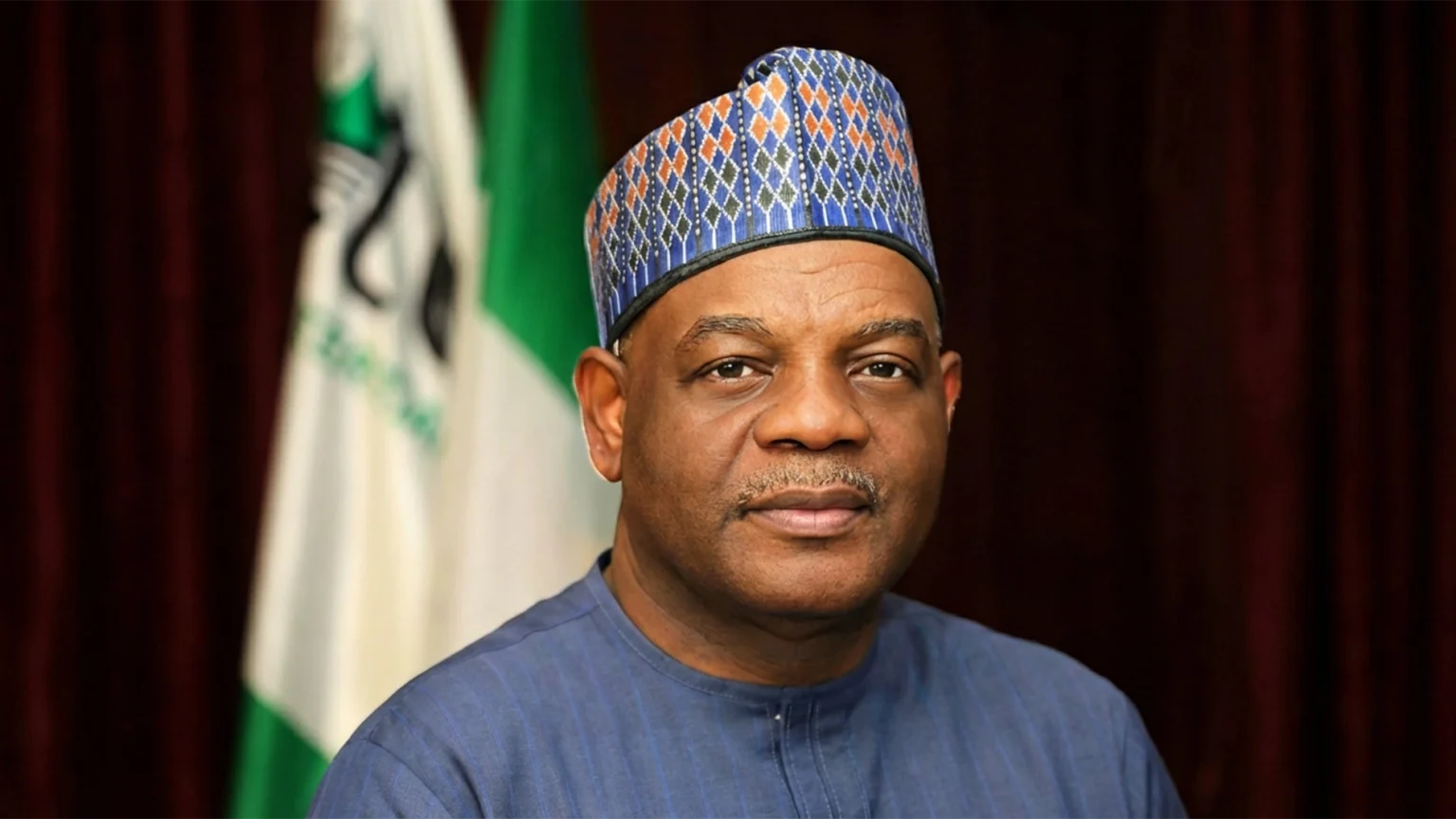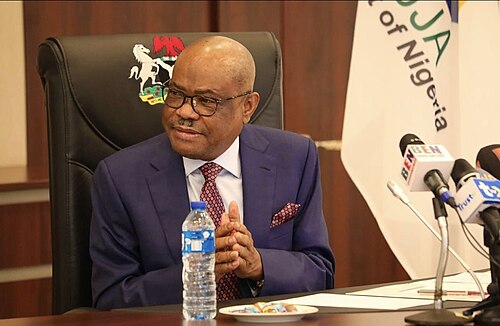Police brutality can be described as the use of excessive or unjustified force by law enforcement agents against civilians, resulting in damage to their physical or mental health. It is a serious problem that has received a lot of attention and public scrutiny in recent years. Cases of police brutality can involve a variety of forms of abuse, including but not limited to excessive force, racial profiling, unlawful shootings, beatings, and even torture.
Instances of police brutality often result in severe injuries, disabilities, and, in some cases, fatalities. Victims can suffer from physical trauma, such as broken bones, concussions, or internal injuries, as well as psychological trauma, including post-traumatic stress disorder (PTSD) and emotional distress.
While the vast majority of police officers carry out their duties properly and with ethics, incidents of police brutality show systemic concerns that must be addressed within law enforcement. Officers who commit misconduct may not face proper sanctions in some situations, giving the impression of impunity. It possesses the potential to destroy public trust while contributing to an abusive society.
People of colour, in particular, are disproportionately affected by police violence. Racial profiling and unconscious biases can result in unfair targeting and the use of excessive force against people because of their colour or ethnicity.
Also, Insufficient training in conflict resolution, de-escalation techniques, and cultural sensitivity can contribute to the escalation of encounters, leading to unnecessary force being used. The increasing militarisation of law enforcement agencies, including the use of military-grade equipment and tactics, has raised concerns about the potential for excessive force and abuse of power.
In recent years police brutality in Nigeria has been a longstanding issue and a subject of widespread concern and activism. The Nigerian Police Force (NPF), like many law enforcement agencies around the world, has faced accusations of misconduct, excessive use of force, corruption, and human rights abuses.
The Special Anti-Robbery Squad (SARS) was a specialist unit of the Nigerian Police Force founded in 1992 to tackle armed robbery and other major crimes. However, over time, SARS became renowned for its role in extrajudicial killings, assault, extortion, and intimidation of innocent residents. Many reports and occurrences highlighted SARS agents’ mistreatment of youths, particularly those viewed as “Yahoo Boys” (online fraudsters) or simply those with tattoos, luxurious automobiles, or expensive gadgets.
The #EndSARS movement gained momentum in October 2020 when a video showing the alleged killing of a young man by SARS officers went viral. The movement, driven by Nigerian youth, demanded the disbandment of SARS and an end to police brutality and reform of the entire Nigerian Police Force. Protests erupted across the country, with citizens taking to the streets, using social media platforms to share stories and evidence of police misconduct. The protests were met with a heavy-handed response from security forces, resulting in further reports of excessive use of force, injuries, and deaths.
Under public pressure, the Nigerian government declared the dismantling of SARS and vowed police reform. The government additionally established judicial panels of inquiry that would investigate allegations of police abuse and compensate victims. However, questions have been expressed concerning the slow pace of justice and the lack of responsibility for police involved in abuses. Activists and citizens continue to demand substantial reform of the police and an end to impunity for human rights breaches.
The #EndSARS movement gained significant international attention, with solidarity protests held in several countries and widespread condemnation of police brutality in Nigeria. Human rights organisations, such as Amnesty International, have documented numerous cases of police abuse and called for justice, accountability, and structural reforms within the Nigerian Police Force.
Efforts to address police brutality in Nigeria are ongoing, with continued advocacy, demands for accountability, and the need for comprehensive reforms within the police force. The hope is to create a system that upholds the rule of law, protects citizens’ rights, and ensures the safety and well-being of all Nigerians.
Similarly, police brutality in the United States has long been a contentious issue. In particular, African Americans have been disproportionately targeted or subjected to excessive violence. Deaths of unarmed Black people, such as George Floyd, Breonna Taylor, and Michael Brown, have provoked massive protests and calls for justice.
These incidents emphasise instances of excessive force, racial profiling, and other forms of law enforcement wrongdoing. While most law enforcement personnel carry out their jobs appropriately, the following cases illustrate some high-profile incidences of police brutality in the United States:
Kelly Thomas, a homeless white man with mental illness, was brutally beaten by several police officers in Fullerton, California, in July 2011. Thomas died from his injuries five days later. The incident sparked public outrage and led to criminal charges against the officers involved.
George Floyd, a Black man, died on May 25, 2020, in Minneapolis, Minnesota, after a white police officer, Derek Chauvin, knelt on his neck for over nine minutes during an arrest. Floyd’s death, captured on video by a bystander, ignited widespread protests across the United States and globally, calling for an end to police brutality and systemic racism.
Breonna Taylor, a 26-year-old Black woman, was gunned down by police officers on March 13, 2020, during an arrest at her apartment in Louisville, Kentucky. The officers were carrying out a “no-knock” warrant in a drug investigation. The incident drew a lot of attention because no drugs were found in Taylor’s apartment, and the circumstances surrounding her death sparked concerns about law enforcement methods and the application of force.
In January 2016, Daniel Shaver, a white male, was shot and killed by a police officer in Mesa, Arizona. Shaver was unarmed and obeying police orders when he was shot. The incident, which was captured on body camera footage, aroused concerns about excessive force and police accountability.
Eric Garner (2014): Eric Garner, an unarmed Black man, died in Staten Island, New York, on July 17, 2014, after a police officer placed him in a chokehold during an arrest. Garner’s final words, “I can’t breathe,” captured on video, became a rallying cry for the Black Lives Matter movement and drew attention to police tactics and excessive force.
Philando Castile (2016): Philando Castile, a Black man, was fatally shot by a police officer during a traffic stop in Falcon Heights, Minnesota, on July 6, 2016. Castile’s girlfriend, who was in the car with him, live-streamed the aftermath of the shooting on social media, bringing attention to the incident and reigniting discussions about police accountability and racial bias.
These cases are just a few examples of the numerous incidents that have raised concerns about police brutality in the United States. They have prompted widespread protests, calls for police reform, and demands for greater accountability and transparency in law enforcement agencies. The public scrutiny of these cases has contributed to ongoing debates and efforts to address systemic issues surrounding police misconduct and improve relations between law enforcement and the communities they serve.
Efforts to address police brutality include:
- Improved training: Promoting de-escalation tactics, cultural sensitivity, and bias awareness can assist officers approach situations with a goal of amicably resolving disagreements.
- Greater accountability: Putting in place strong measures to investigate and hold officers accountable for misconduct, such as the deployment of body cameras, independent oversight organisations, and improved disciplinary procedures.
- Promote constructive community-police interactions through communication, transparency, and collaboration to assist develop trust and prevent incidences of abuse.
- Policy and procedure reforms: Examining and updating policies to ensure that they prioritise life preservation, protect civil rights, and discourage the use of excessive force.
- Legislative changes: Advocating for legislative reforms that address systemic issues, such as racial profiling and qualified immunity, can help promote police accountability and protect citizens’ rights.
It is crucial to acknowledge and address instances of police brutality to ensure the fair and equitable treatment of all individuals by law enforcement agencies. By implementing comprehensive reforms, promoting accountability, and fostering dialogue between communities and police, progress can be made toward reducing police brutality and creating a safer society for everyone.
Sources
- https://en.m.wikipedia.org/wiki/Killing_of_Eric_Garner#:~:text=On%20July%2017%2C%202014%2C%20Eric,prohibited%20chokehold%20while%20arresting%20him.
- https://www.tandfonline.com/doi/pdf/10.1080/10246029.2022.2075708
- https://nairametrics.com/wp-content/uploads/2013/02/police-community-violence.pdf
- https://en.m.wikipedia.org/wiki/Police_brutality
- https://www.nature.com/articles/d41586-020-01846-z
- https://en.m.wikipedia.org/wiki/Killing_of_Kelly_Thomas
- https://www.nytimes.com/2020/05/31/us/george-floyd-investigation.html
- https://www.nytimes.com/article/breonna-taylor-police.html
- https://en.m.wikipedia.org/wiki/Killing_of_Philando_Castile




